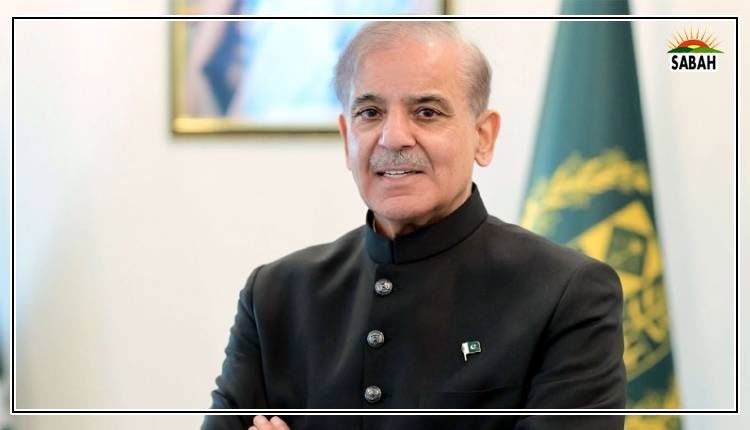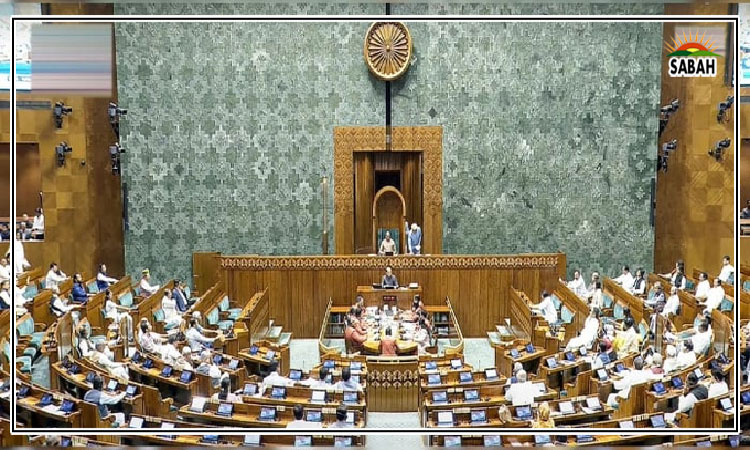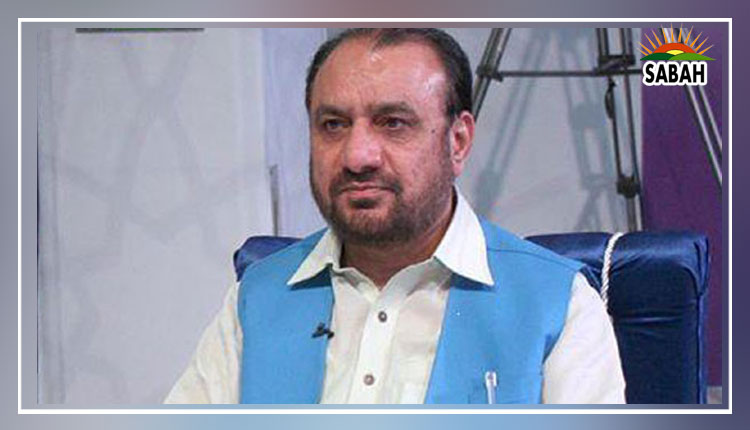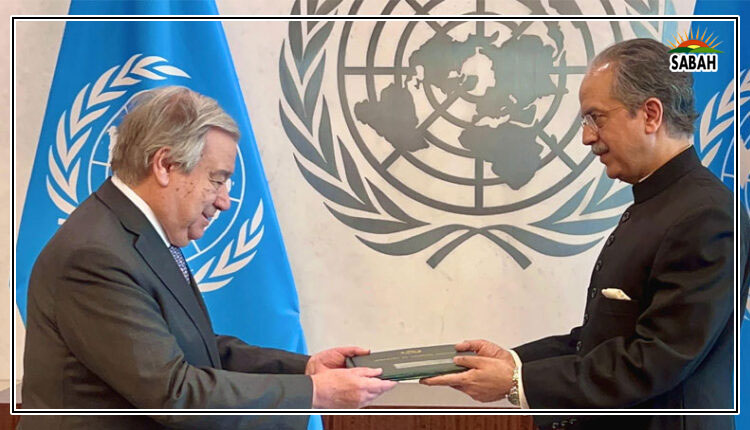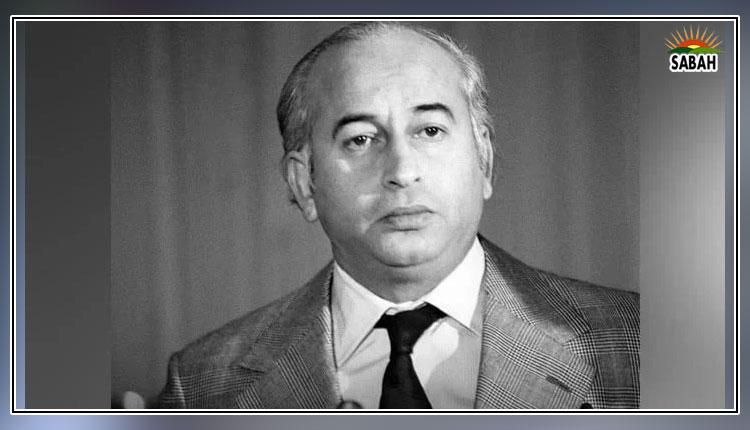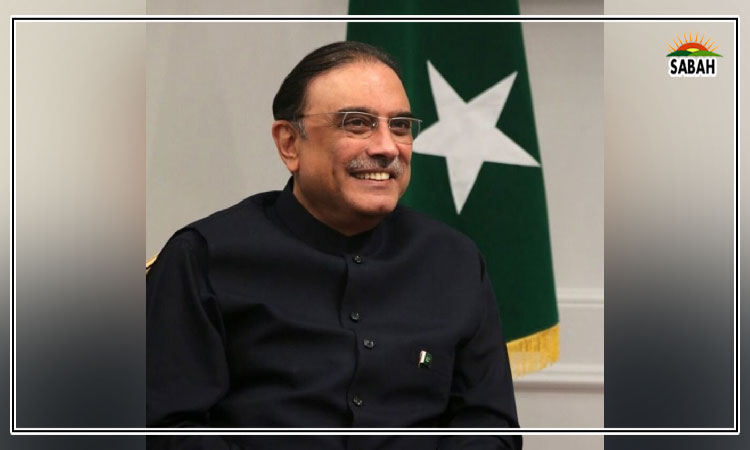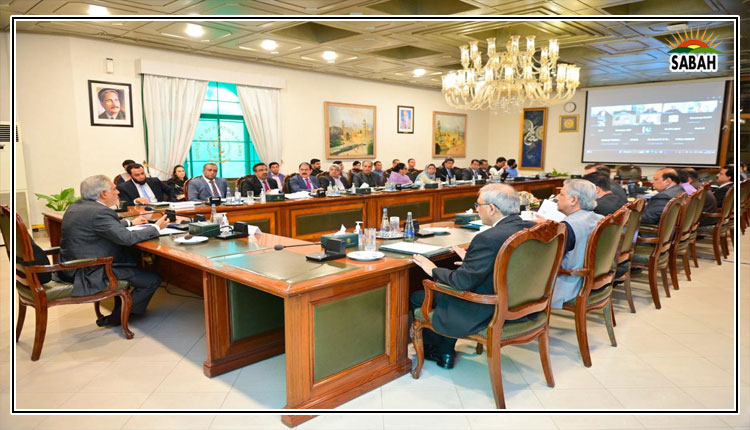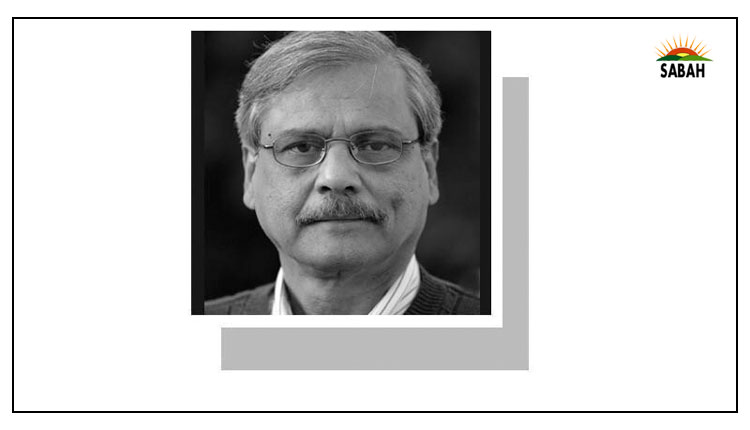Addressing the larger issue…Zahid Hussain
THE two adversaries have finally agreed to come to the negotiating table. The ruling PML-N and the opposition PTI seem to have taken a step back from their hard-line positions. Yet the terms of engagement remain undefined.
While both sides have consented to talk, there is no clear agenda yet. The PTI is expected to present its ‘charter of demands’ at a meeting that is due to be held on Thursday. But it’s not clear what the ruling party, with its limited mandate, can offer. The real power rests somewhere else.
It seems that the powers that be have already set their terms for a virtual surrender by the opposition for the talks to move ahead. That leaves no space for the two parties to walk the talk. It may just be all talk. The new year brings little hope for ending the political stand-off without confronting the elephant in the room. The democratic space in the country has shrunk drastically with the lengthening shadow of authoritarianism.
There may be a civilian façade but the power structure in the country is dominated by the security establishment. The civilian set-up, with its questionable legitimacy, is beholden to forces outside the democratic framework for its survival in power. It was not just the stolen mandate but also successive legislation that derailed the democratic process. Can there be meaningful dialogue among the political forces without addressing those critical issues?
It indeed signified some breaking of the ice when the PTI leadership, for the first time, agreed to engage in talks with the government. The changing stance of the opposition has received a positive response from the ruling party. The two sides have also nominated their respective committees for the talks, which are expected to start this week.
Interestingly, the development took place weeks after the bloody incident of Nov 26 in Islamabad, which allegedly left scores of PTI supporters dead or injured. The violence heightened the political tension, with both government and opposition emerging badly bruised in the episode.
Meanwhile, a military court convicted and sentenced 85 supporters of the PTI to varying terms of rigorous imprisonment for their alleged involvement in the May 9, 2023, violence that targeted military installations across parts of the country. The controversial verdict followed the conditional permission given by the apex court pending its ruling on the legality of the military trial of civilians.
While these convictions of its supporters and growing fissures within party ranks may have brought the PTI leadership under pressure, the government is also losing its options as it faces international scrutiny over the military court trial of civilians, compelling both sides to start a dialogue.
There are also reports of growing concern within PML-N ranks over the increasing assertion by the security establishment across the governance spectrum. The continued stand-off between the government and the opposition could further shrink the civilian administration’s space. The civilian administration is certainly not a free actor.
While its formal ‘charter of demands’ is still awaited, the PTI leadership has already spelt out some initial provisions, including the release of Imran Khan and other PTI leaders and the formation of judicial commissions to probe the May 9 and Nov 26 incidents. Clearly, there is no possibility of the government accepting any of these demands without the approval of the establishment.
Some of the federal ministers admit they have little space to make any decisions on their own. Giving the hard line taken by the establishment, particularly on the May 9 incident, it is extremely difficult for the government’s committee to accept any of the PTI’s demands. Evidently, the establishment also wants military trials of the alleged masterminds and planners of the attacks on defence installations. These may include Imran Khan, who has already been booked for the case. In a recent presser, the ISPR spokesman reiterated the establishment’s position on such trial of those involved in planning the attack, rejecting criticism of the unfairness of the process. His remarks showed no sign of flexibility on the establishment’s position vis-à-vis the PTI. “I also question that if any party is adamant on their misguided ideology and insists on imposing their narrative [on everyone], then what is there to talk about with them?” Lt-Gen Ahmed Sharif Chaudhry declared.
Appearing to question the rationale of talks, he said: “If the solution to such problems lay in talks, then throughout the world’s history, there would have been no wars, conflicts, battles, or expeditions.” One wonders how a political dialogue can be equated with a war situation.
In the light of these remarks, one wonders how the ruling coalition can offer anything substantive to the opposition in the talks. One may not agree with the PTI’s confrontational politics but the demand for a judicial inquiry into the May 9 and Nov 26 incidents is not out of place. It’s necessary for the general public to know what really happened and who was responsible for the violence.
It is also a valid demand to release political leaders languishing in jail for more than a year without any charge or being provided a fair trial. These prior steps could provide a conducive atmosphere for the talks to continue and help ease political tensions. It may not resolve the country’s basic political problem but could allow the dialogue process to move forward.
What is needed is to save the democratic process in the country that has virtually become hostage to undemocratic forces. One cannot hope for any kind of stability if state and democratic institutions are undermined. Only dialogue between political forces can pull the country out of this quagmire. It’s the elephant in the room that must be dealt with.
COURTESY DAWN


